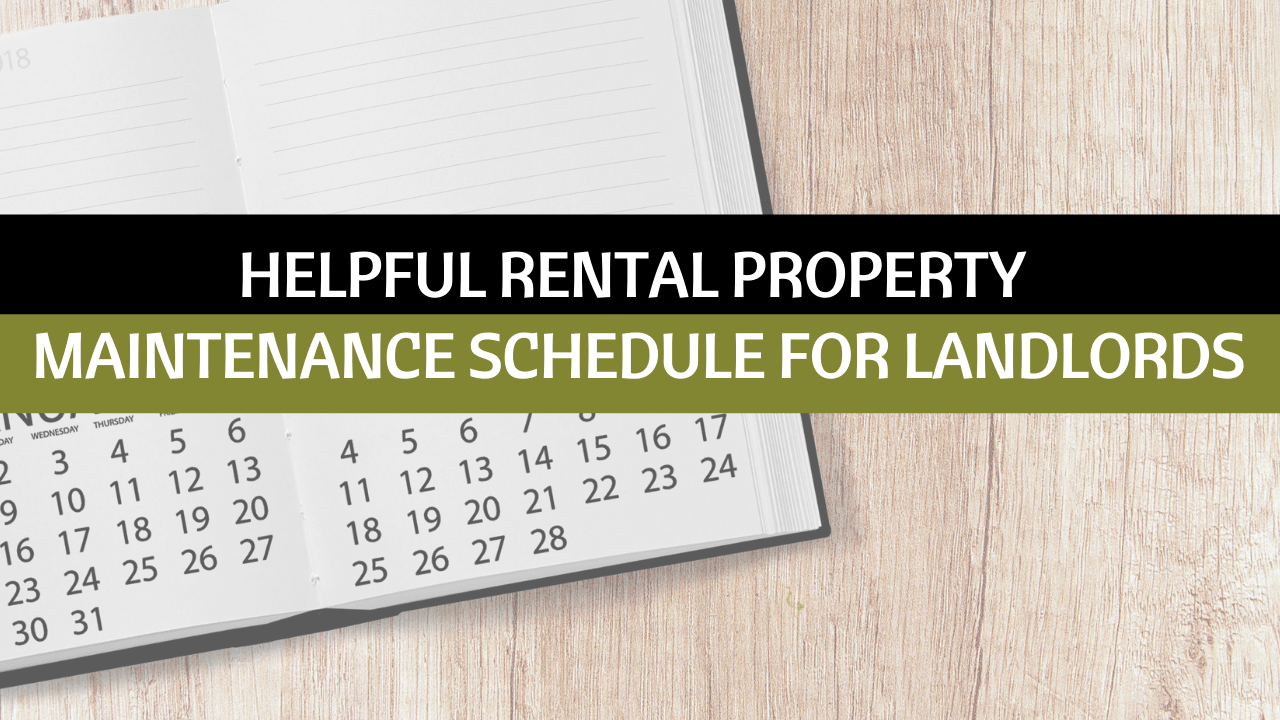When you have your maintenance routine scheduled ahead of time, you will have an easier time staying up to date with everything that needs to be done. Things will happen at your Weston rental home that you didn’t anticipate, and those repairs will have to be handled quickly and completely.
There’s less of a chance that your home will need
emergency maintenance
when you’re prepared and consistent, however. Here are some of the maintenance issues you’ll need to schedule when you want to keep repair costs down and property values up.
Seasonal Maintenance: Hurricanes and StormsWe have learned a lot about how to
protect property from hurricanes
in recent years. Make sure you inspect and prepare your rental home before the hurricane season every year. We recommend you invest in all the technology you can afford when you’re protecting your property against hurricanes, winds, and severe rains. The climate in southern Florida is predictable, but storm seasons are not. It doesn’t always take a Category 5 hurricane to do the most damage. Storm surges, high winds, and tropical storms can be just as damaging.
Hurricane shutters are helpful in protecting your windows from wind and rain. You can also look at things like hurricane straps and clips that will keep your roof from blowing off. We recommend you reinforce your roof, especially if you have a gabled roof, and you should also install water barriers in your roof.
Routine Maintenance: Look for Water Intrusion
Water and moisture will cause more damage to your Weston rental property than anything else, and it’s important that you’re always looking for potential leaks and moisture. Schedule plumbing maintenance and inspections annually.
Routinely check for leaks under sinks, and check ceilings and walls for discoloration or damp surfaces. If you leave a leak to get worse, that moisture will lead to rot and mold. Those can create health issues for your tenants and increase what you have to spend to fix the problem.
Check your home ventilation. This should be part of every inspection. If a tenant reports a problem with the plumbing, respond immediately. You don’t want to leave water problems unresolved. Remember to clean out the gutters when necessary and check your irrigation system.
Rain in Weston is usually pretty intense, especially in the summer. Make sure you’re prepared to inspect and respond to any weather-related water issues right away.
Annual Roof Inspections Prevent Expensive RepairsRoutine roof inspections need to be scheduled so you can avoid unnecessary repair costs.
If your property is surrounded by trees, look for branches that may be too close to power lines. This could cause fires, so keep the trees trimmed. You also don’t want branches, leaves, and debris to gather on your roof or in your gutters. Hire a professional to trim back branches on a regular basis so they don’t interfere with the wires or with your property’s roof.
Service Your Heating and Cooling Units















